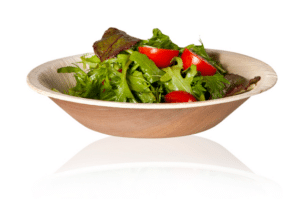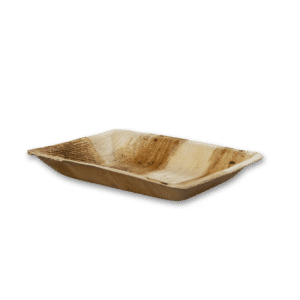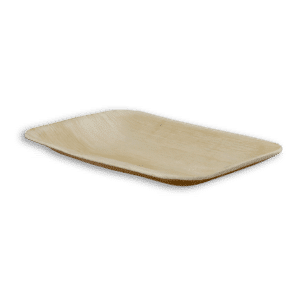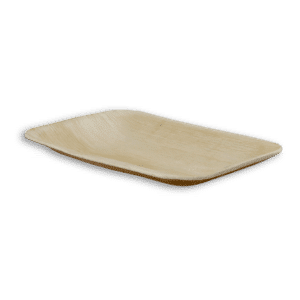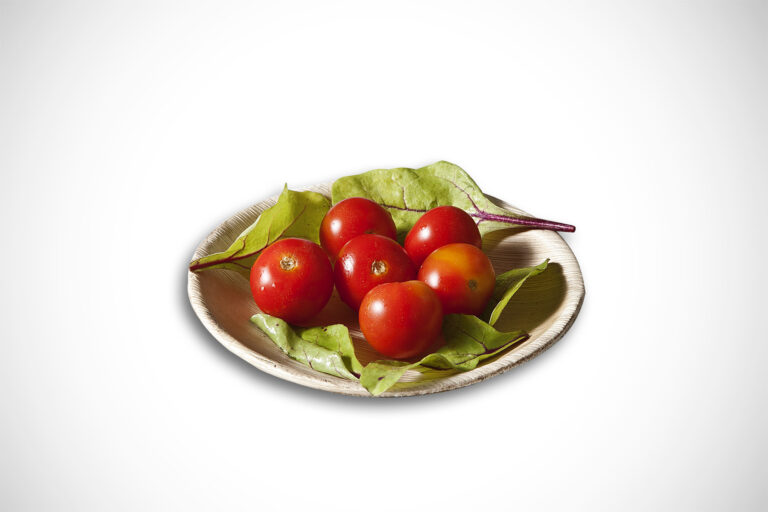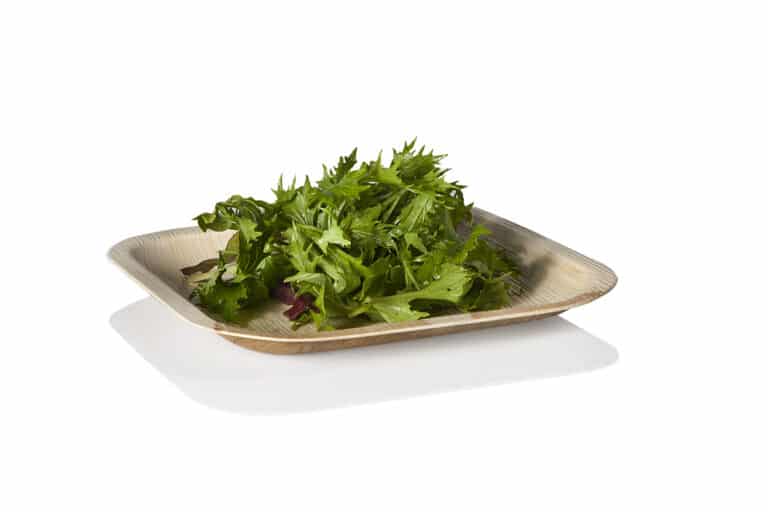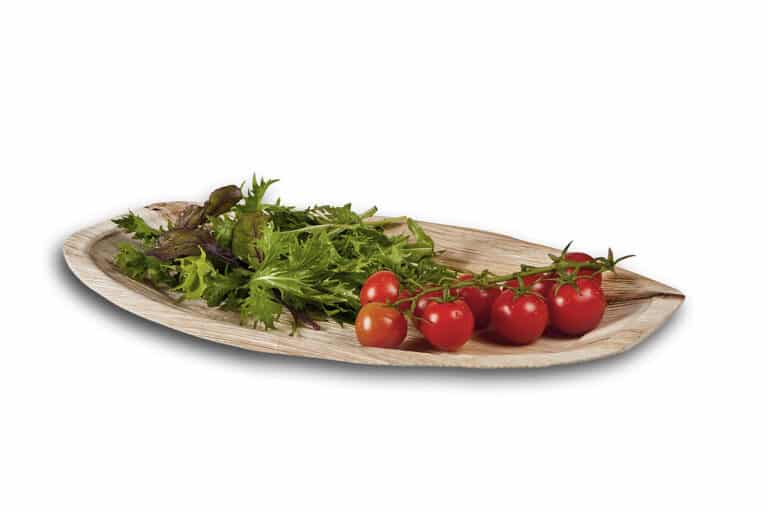To run and maintain a successful eco-friendly food business there are a range of sustainable practices you should consider. Although implementing these ideas as you go is possible, sustainability focused decision making in the early stages of your business will make it easier to maintain an eco-friendly business!
Here are 6 ways to be more environmentally focused with your eco-friendly food business, such as a food truck, a catering business or even if you are a wedding planner.
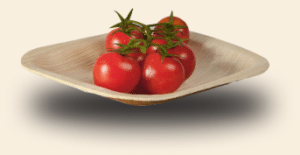
Plant based menu
If your menu is mainly based on meat or just on meat, then even if you follow many other environmental principles, it is unfortunately not good enough.
For the production of meat products, 70 kg of greenhouse gasses are emitted. Meanwhile, to produce 1 kg of wheat, just 2.5 kg of greenhouse gasses are emitted.
That’s not all. Water shortage is getting worse worldwide, even in countries that a few years ago were rich with this resource are now suffering. And this is connected directly to what you offer on your menu. 200 liters of water is needed to make just 1 meat burger. For producing 1 plant based burger only 19 liters of water is required. That’s a difference!
The footprint of one beef burger is 13 times higher than a plant based burger.
Grazing animals require a lot of land, which is often cleared through the felling of forests, as well as vast tracts of additional land to grow their feed. Livestock also produce large quantities of methane, a powerful greenhouse gas.
But above all, there are so many plant based burgers today and the taste of some is really great, so your customers may not even notice they do not eat meat. So this way your food business gains happy customers, you help the environment, save water and decrease greenhouse gasses emissions.
Go paperless
The year is 2022 and in a few seconds we are in 2023. Nearly everybody has a smartphone and QR codes are a great way to avoid paper menus or paper invitations. If you still want something else apart from QR codes then a big chalkboard decorated menu is a great option.
Paper menus create waste and it is indeed not the way you need to follow. If you use seasonal products then your menu changes quite often. It is much easier and eco-friendly to update the menu on your Instagram channel, web site or on the QR code. No sense to be eco-friendly with a seasonal menu and to create paper waste due to frequent change of the menu.
Of course if the menu is digital then it is obvious that the receipts you give to your customers are as well in this way.
And one last big advantage of going paperless and being eco-friendly. You can ditch pamphlets, leaflets and posters when marketing and go and advertise your business digitally on any social media you like.
Avoid plastic waste
Food trucks, caterers and beach or pop up restaurants have a big environmental impact on landfill waste. The disposable packaging typically involved in take out food usually consists of predominantly single use plastic cups, tableware and cutlery. Now we all know single use plastic is bad. But have you thought about why it’s so bad?
Single use plastics don’t biodegrade. Instead they turn into microplastics which pollute our water sources. Even in Antarctica microplastics are found. Also, as much as we may try to put our best foot forward, only 9% of plastic waste gets recycled.
So what can a business like a food truck or restaurants that rely on customers taking their food to go can do?
Oh, wow, we have many great eco-friendly solutions available in the market these days. Paper and plastic products are no more a must, Areca leaf plates are for example one of your best options to choose from. Areca leaf plates are sustainable and a zero waste product as they are 100% compostable. And we still didn’t even say a word about their great look and style. For sure your customers will be happier receiving their food on a strong, elegant and sustainable plate. Just put a compost bin near your activity and see how your place becomes a small environmental education point for all your clients and beyond.
Reuse your food waste
Food businesses naturally produce a lot of food waste. Why not consider teaming with a local homeless shelter to distribute unused produce? For the unsalvageable extras, consider connecting with a local composting business and giving back to the farmers who provide you with the produce you use to make your food.
It is a win-win situation for both your food business and the farmers who you source your ingredients from. There are many great ways to compost food waste and have an eco-friendly food business.

Find zero km suppliers
Zero km food is food that is basically produced, sold and eaten locally. Food that has traveled zero kilometers or to be more accurate, less than 100 km. Because zero km is a really impossible mission, let’s admit it. Since there is nearly no transport involved (we buy from the farmer around the corner), the environment does not suffer from direct and indirect pollution. This can be the most eco-friendly purchase you are doing. In addition you obviously support local trade and the local economy and get freshly and tasty products.
Sourcing locally and km zero means sourcing seasonally. By adapting your menu to use seasonal produce, you are going to be receiving the best product on the market. This ay it will be a lot fresher than a product that requires shipping. Your customers will get the best tasting and freshest menu while you support your local community and maintain a more reliable and sustainable supply chain. Your eco-friendly food business may even gain some customers and supporters in your local farmers, suppliers and businesses!
Follow the 5 R’s
After refusing to use plastic products (by using sustainable Areca leaf plates), reusing your food waste, reducing your carbon footprint (by buying local and km zero food) and repurposing some of your leftovers (by donating to an homeless shelter) you are indeed an eco-friendly hero as you are following 4 of the 5 R’s.
These 5 R’s are a guide for managing and reducing waste. Recycling is the 5th and last R. If you avoid it, that means you are doing great. Recycling is our last option. We must avoid it! If you recycle then it means you have paper or plastic plates in your food business.
Enjoy your meal
